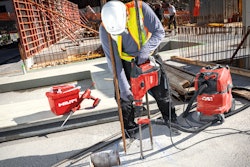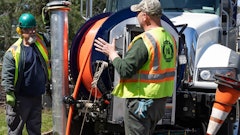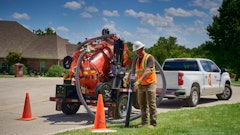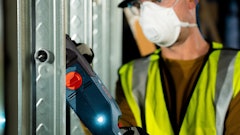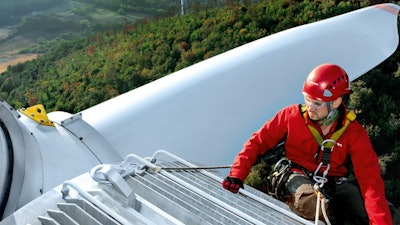
After presenting a new sustainability report, the Hilti Group has started to elevate its sustainability efforts, formulating a global strategy based on the three pillars of environment, people, and society.
In light of the increasing challenges posed by climate change and to meet social responsibilities, the Hilti Group has set clear sustainability targets and launched various global and local initiatives.
“We are convinced that long-term success is only secured through business decisions that value environmental, people, and social aspects equally with economic factors,” said Christoph Loos, CEO of the Hilti Group. “We are aware that this is a journey with several stations still ahead of us. But we have set ourselves ambitious goals, are committed to the principles of the UN Global Compact, and will leave no stone unturned. At the same time, we also want to support our customers in the construction industry in becoming more sustainable.”
In the "environment" field of action, the company is focusing on its target of CO2 neutrality in its own value chain, originally set for 2030, to 2023. The transition of the energy supply at all Hilti sites worldwide to electricity from renewable sources was completed at the end of 2020. This will lead to CO2 savings of more than 20 percent per year. They've also started the conversion of their worldwide vehicle fleet, around 14,000 vehicles, to more environmentally friendly drive systems, which is expected to result in a substantial contribution to reducing the footprint.
The principle of a circular economy, or decoupling resource consumption from economic growth, is the second central pillar of the construction technology group's environmental goals. Planned steps include the further development of the Fleet Management business model for electric tools, which operates according to the “product-as-a-service” principle, and increasing the proportion of recycled material used in Hilti products and packaging.
With the focus on "people," the Hilti Group is addressing the health and safety of construction workers. The aim is to reduce the long-term health effects triggered by heavy physical strain. Two solutions launched by Hilti in 2020—the first BIM-enabled construction site robot, Jaibot, and the first exoskeleton, EXO-O1—are examples of the new human augmentation systems product line.
In order to make a more significant contribution to solving the world's social problems, the Hilti Group and the Hilti Foundation will align. The social projects driven by the Foundation, with a particular focus in developing countries, will be supplemented by the initiatives of Hilti team members in their own communities. To this end, the global volunteer program Engaged Beyond Business has been created, which empowers Hilti employees to invest time and money into local social projects, with North American Hilti team members receiving 16 hours of PTO annually to engage in community service and social impact work.
Information provided by the Hilti Group and edited by Alexis Brumm.





